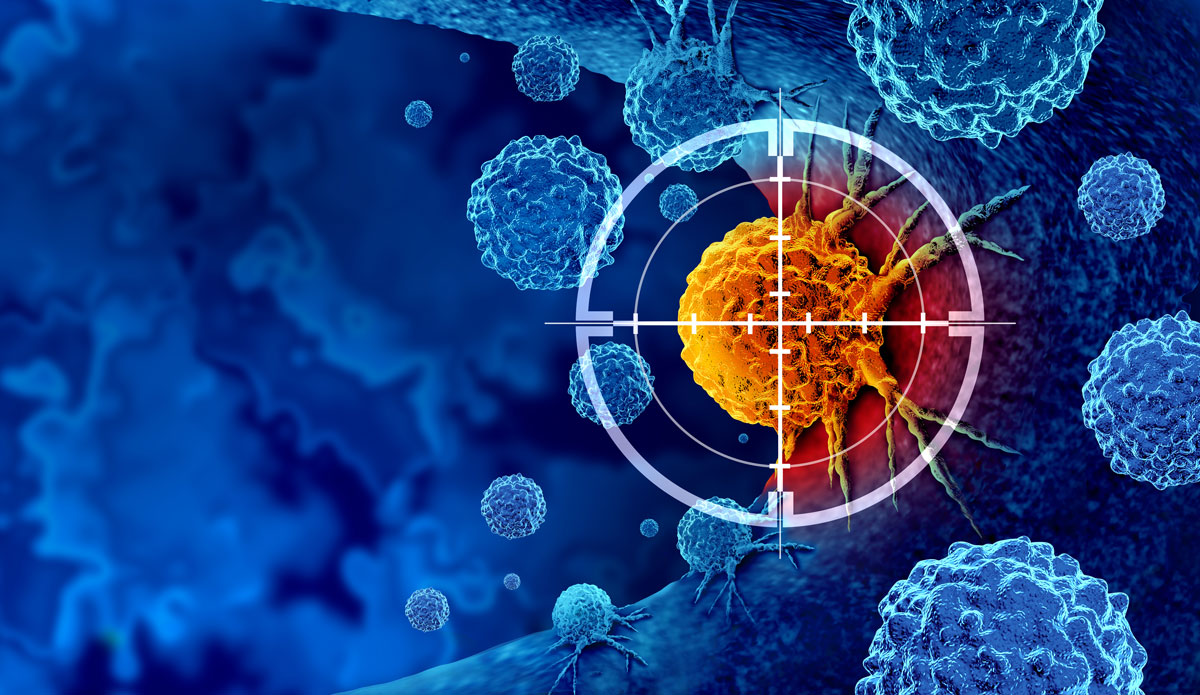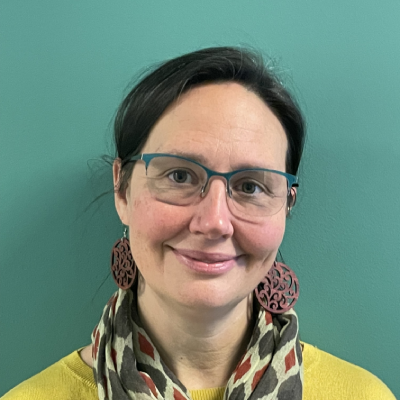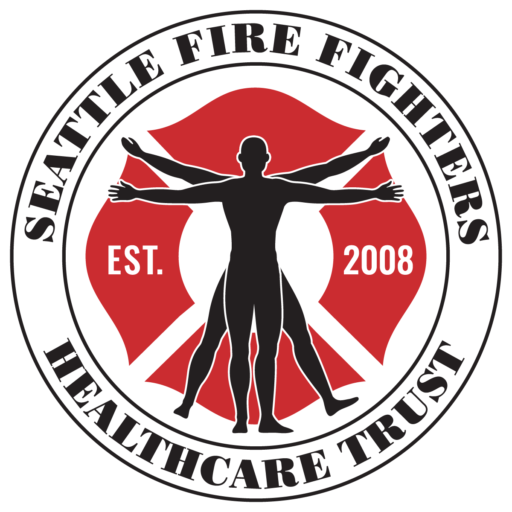
After a Cancer Diagnosis
A Conversation with Station 2 Clinic Medical Director Marcie Hamrick, MD
May is National Cancer Research Month—a month dedicated to raising awareness of the importance of cancer research, promoting early detection and prevention, and supporting ongoing efforts to find cures and enhance the lives of cancer patients.
While we don’t have a “cure” for cancer, many cancers are now treatable; the overall cancer survival rate has increased from 49% in the mid-1970s to 68% in 2020. (Visit the American Cancer Society’s Statistics Center site for more information on general survival rates and rates for specific types of cancer. ) Cancer research is reframing what it means to receive a cancer diagnosis. With this in mind, we asked Station 2 Clinic Medical Director Marcie Hamrick to update us on the advances in cancer research and treatment, and what they mean for fire fighters.

Historically, a cancer diagnosis was often considered a “death sentence,” but that’s no longer the case. What has changed, and what do you want fire fighters to know about receiving a cancer diagnosis today?
Many cancers are highly treatable, especially when detected early. Some cancers are more challenging to treat than others, but treatments are continually improving. And, because we are doing a better job of screening for various cancers, they are being caught earlier. While it’s true that fire fighters are at a higher risk of getting cancer at an earlier age, which is terrible, it’s also true that being young and healthy when the early signs of cancer are detected increases the likelihood that you can beat cancer with appropriate treatment.
There are certain cancers, such as colon cancer, for which fire fighters have a lower mortality rate than the general population, partly because the cancer is discovered earlier thanks to regular screening. Additionally, fire fighters tend to have a higher baseline health level than the general population.
Is there any specific information for fire fighters regarding a cancer diagnosis that differs from what is relevant to the general public?
There’s strong data that shows fire fighters live longer with cancer when they engage with their support system. I recommend that fire fighters with cancer not be shy about getting their loved ones and friends around them for support. No one should face cancer alone. Fire fighters sometimes don’t like letting people in when they are vulnerable, but it’s essential. It’s good and strong to ask for support.
Another critical point is that all firefighters should enroll in the National Firefighter Cancer Registry. Enrolling now, while you’re healthy, enables occupational medicine researchers to gather long-term data on the types of cancers firefighters are developing, should you eventually develop cancer, and the specific risk factors associated with these cancers. Firefighting is a rapidly evolving field. It isn’t what it was 50 years ago: Yes, fires are much more toxic, but fire fighters are better protected. We need to continue gathering data to understand which cancers we should be testing for and who is at highest risk. Being a registry member before a cancer diagnosis helps researchers learn more about the causes of the cancers that affect firefighters and develop better treatments.
Participating in the registry may also help substantiate an L&I claim for occupationally incurred cancer. You must be able to demonstrate that the cancer was caused or aggravated by your work. This includes providing medical evidence and establishing a link between the work conditions and the cancer diagnosis, which the Registry and its research help facilitate.
You’ve been a part of the Station 2 Clinic for a long time. What have you observed as you’ve followed fire fighters diagnosed with cancer?
I’ve seen and heard about many fire fighters who have battled cancer, sometimes surprisingly successfully! The good news is that most of the cancers I’ve discussed with people were caught early: a cancerous polyp in the colon or a melanoma (skin cancer) that hadn’t yet spread. Or prostate cancer diagnosed even when the PSA blood test was still normal, but had changed or was only mildly abnormal. We maintain a very low threshold for investigating abnormalities found during the annual medical evaluations (AFFMEs) we conduct, so I’m pleased to report that most cancer cases have been easily addressed. There have been some aggressive cancers diagnosed as well, some of which were genetic and probably not related to the job. At times, we believe some cancers are job-related, but we just don’t have enough information to know for sure. That’s why the Cancer Registry will be so helpful and will influence presumptive legislation, hopefully expanding the types of cancers covered as occupational.
Do you have any special messages about cancer that you would like to convey to fire fighters who receive a cancer diagnosis and their families?
Get as much support as possible and gather as much information as you can to understand your options, what each option entails, and the expected results. Remember, cancer is not a death sentence. It may be difficult and likely feels scary and uncertain for a while. Continue engaging in activities you enjoy to remind yourself of the beauty in life that you are fighting for. You are not alone. Many excellent resources are available to connect with others facing similar situations. Here are a few that I recommend:
If you have received a cancer diagnosis, we are here to help. Station 2 Clinic now has experienced therapists on board who can offer mental health support.
What are the key messages you’d like fire fighters to take away from this chat?
I want fire fighters to know that although their occupation indeed increases the risk for certain cancers, it does not mean that everyone will get cancer, and there are things they can do to help reduce their risks. Firefighting increases the risk of cancer in general by 9%. There are some cancers, like testicular cancer, melanoma, and lymphoma, that have larger increases in risk among fire fighters. It is essential to understand the ways you can help reduce your risk both on the job and at home, as well as how to screen for these cancers so that you can detect any issues early if they occur. Start with these three things:
- Always use your protective equipment while on duty to minimize your exposure to carcinogens.
- Schedule your annual exam and promptly follow up on recommended cancer screening tests, such as a colonoscopy.
- Strive to maintain a healthy lifestyle: eat well, get sufficient sleep, monitor your weight, avoid tobacco products, and limit your alcohol consumption.
